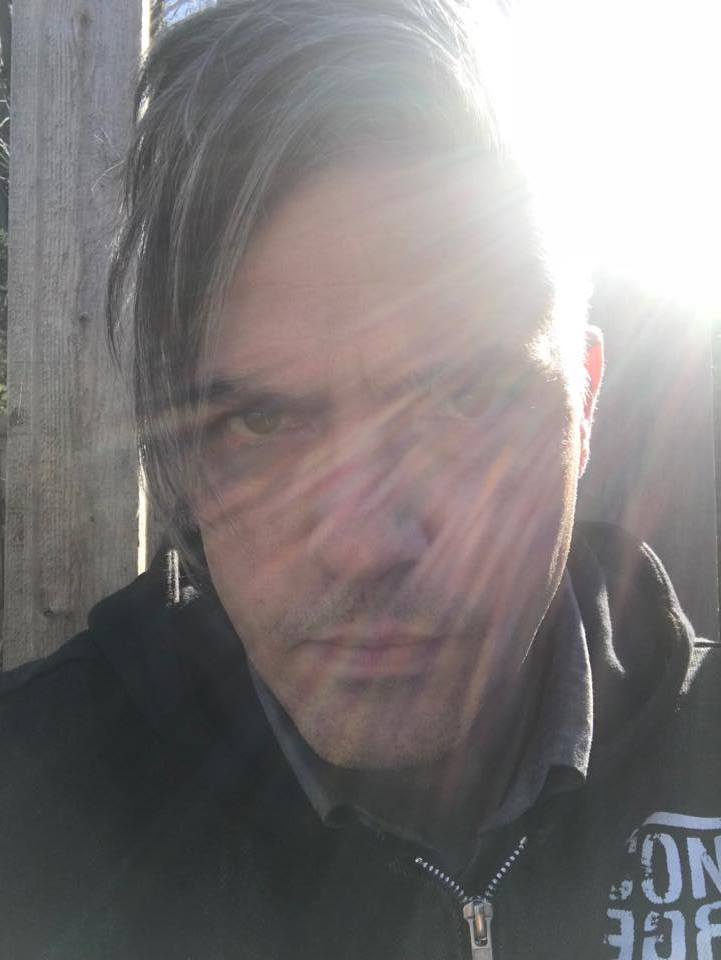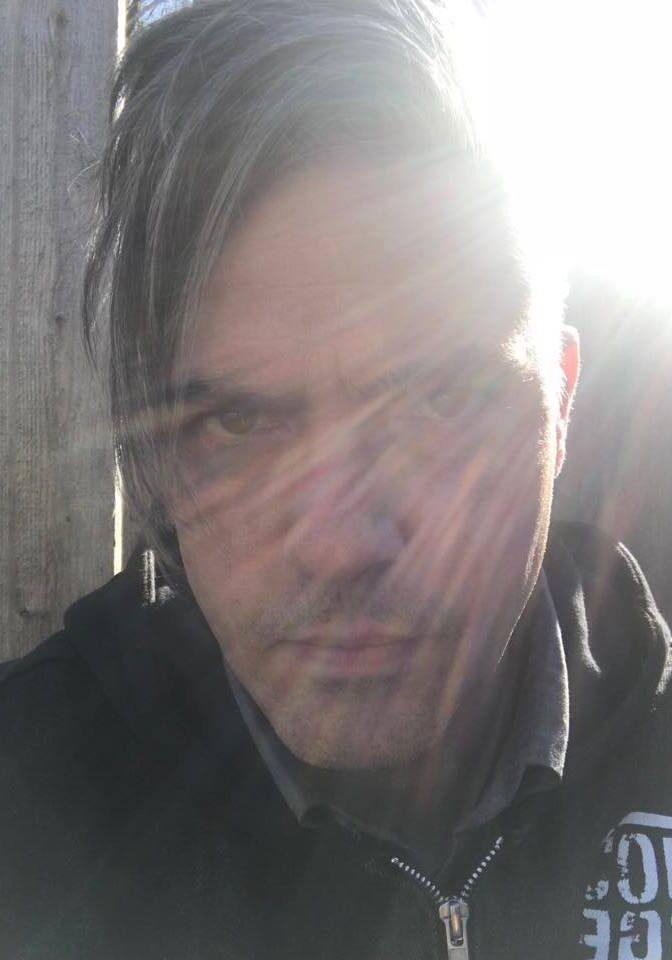My mother had been a night owl nurse in an old rural hospital, where she said the town sent all the poor kids, farm foreclosure orphans, solely dirt fed. Their intestines hollow yet lined with burrowing worms. My mother’s job was to lay the children out, disrobed on the operating table, with one sterile, hanging lamp illuminating their lower torsos. The worms would only venture out at night, so the stark room had to stay as dark as a civil twilight. She would wait for a worm to squirm out of the child’s rectum, then she would swiftly catch it, pin it down, and slice the head off with a scalpel. My mother mentioned that she had never witnessed such vile slithering before, how these long, slippery, almost translucent worms writhed between her latex fingers even after decapitation. My mother, even though my siblings and I starved, in various pockets of our younger years, and even though it was tempting in our gagging world of curdled milk and restaurant dumpster hope, she never let us eat dirt.
My father was in his low, hiccupping mumble, wearing gills of a mad salmon undulating in a birth of death radiance, the brightly painted soul of his fish dreams. For too long, he had been forced to swallow the bleaching breath of environmental impact assessment, the green smog of high price litigations, and the charcoal mist of gross misconduct against the state of nature.
In villages waiting to be resurrected, wet and dismal as funeral suits in the rain, polluted and shattered, rocks through the windows of a bankrupted cannery.
Villages all meeting at the gut of the same meal worm fate. Within the three tragic chapters of their life’s work: Unemployment, Childbirth and Poverty. Legacy plotted out in early twenties drinking binge spirals, spawning upstream through the defeated land of their bodies, slowly excavated, for a wandering landscape of personal wastelands.
Oil tank sailors and a haphazard helmsman, tracked their cargo spill into kiddie pools and huckleberry fishing holes.
In the summer, petroleum companies observed us children swimming out into the oil slick lagoons, where we felt the industrially inky monsters wiggle beneath our raw toes. No apologies for aquatic disaster from these crude conglomerates, they just watched, vetting with binoculars from private jets, viewing fishing communities and ecosystems mutate into smearing black slug spots of lost profit.
We had to remember to always swim back to mother, who eyed us with a heightened and greasy gaze from a lopsided lawn chair. Her mask was decorated with every inch of substantial animal, in defensive porcupine and startled turquoise, flamboyant jewelry that tethered and tangled the vision of eagle feather with the security of bear hide. Father, of course, was off peeling paper birch trees, and opening aluminum wounds with old beers, the fur of small mammals, a stretched mandala, wrapped around his high-noon, reflective forehead. He was forgetting to stare at the mountains for direction, losing the details of how they climbed triumphantly into sky, growing tone deaf to the trumpeting white caps of god’s own elevation. He had begun his downhill battle with memory, his sloped vision, a focused decline, leveled among the gray moss and black spruce.
In Alaskan winters, icicle men of abandoned boatyards with twig and string fishing poles, impaled the tackle of their own frostbite scabs. Many funerals took place on coarsely constructed rafts. Elder gill-netters, bodies sent out to find the afterworld of thawed white rapids. Bodies veiled in seine, crowding, an occultation of the horizon. Sacrifice after bodily sacrifice, oceans stayed emotionless, after all the fruitless frozen rivers, countless dawns, and prayers lost in the empty stomach air.


